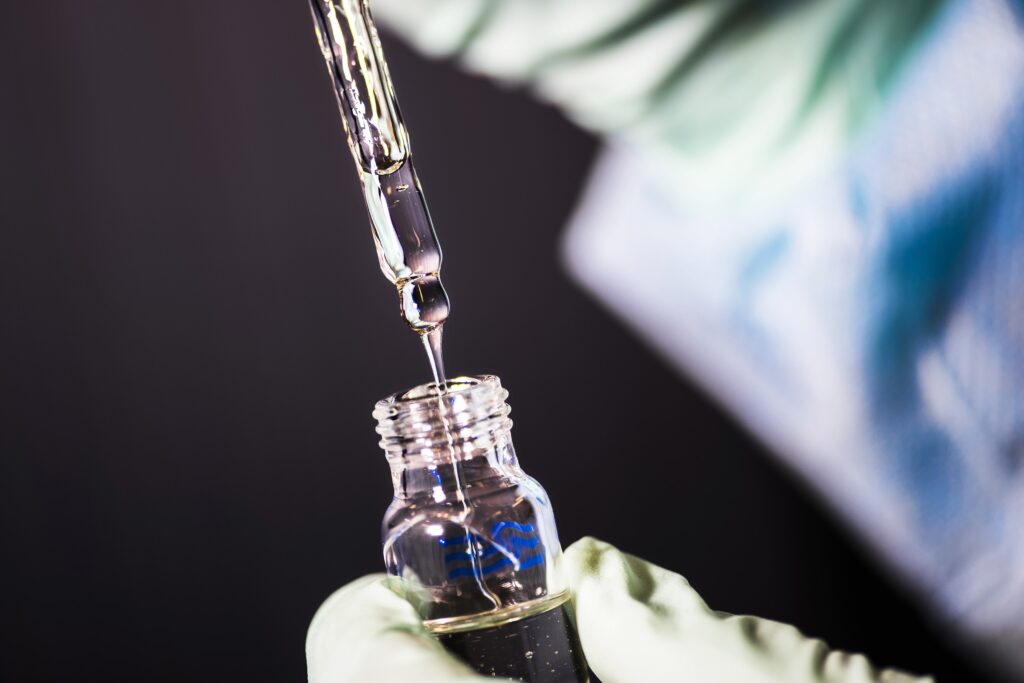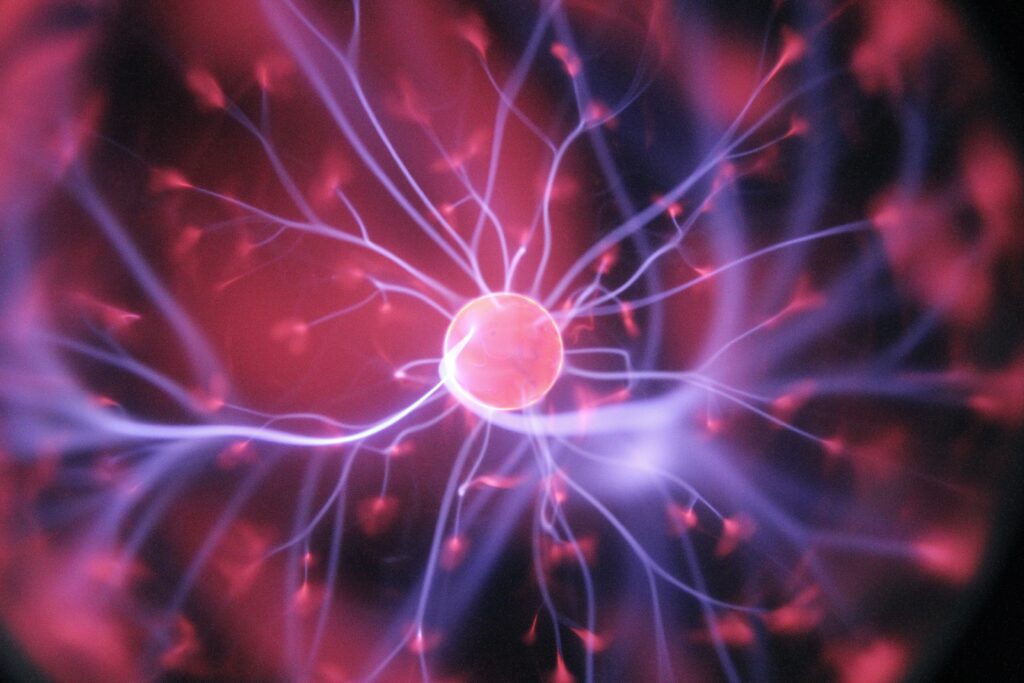Ketamine Therapy
Ketamine’s History


How Does it Work?
To understand the significance of ketamine, you must also understand how other antidepressants work. Hundreds of research articles lead psychiatric professionals to believe believe that serotonin was a major contributor to a person’s mood. To make a long story short, the medication class selective serotonin reuptake inhibitors was formed based on this research. You may recognize a medication in this class by names such as Zoloft, Prozac, Lexapro, and Celexa.
Over time, clinicians took note that serotonin only makes up less than 20% of the neurotransmitters in a person’s brain. This supported the fact that 1 in 3 people who are prescribed an aforementioned selective serotonin reuptake inhibitor do not respond well to the therapy. It turns out that GABA and glutamate actually make up the majority of neurotransmitters in a person’s brain. These neurotransmitters have huge impacts on a person’s mood.
Furthermore, ketamine seems to increase glutamate production in the brain according to a research study carried out at Yale. Increased glutamate productions seems to promote neuroplasticity, or in other words allows the brain to create new pathways.

According to the same Yale studies, about half of the patients who were administered IV ketamine experienced improved depression symptoms. All patients who were included in the study had not experienced improvement from other antidepressant interventions such as medication, therapy, medication, etc.
The Ketamine Regimen
One of the main purposes of Honu Medical is to educate the public regarding psychiatric therapy. Many people want one pill, or one infusion, to fix all of their problems. Such fantasies on nonsense. Humans are much too complex for this to be so.
A ketamine infusion alone will not cure your depression. You will likely experience rapid alleviation from your depressive burdens, but this is not permanent. You will need to continue working with your mental health provider to keep making conscious changes to your life. You may need to continue other medication regimens while going through ketamine infusion treatments.
At Honu, we will continue to help fortify your mind and make you a more resilient person. Ketamine is one of the tools we use, not the only tool.

What to Expect From Ketamine Therapy
You will likely engage in 6 infusions during a roughly three-week time span. These initial infusions will likely make a large impact in your life. However, symptoms may creep back in to your life after some time. To address this fact, we offer booster infusions at a frequency determined by you and your Hone Medical mental health provider.
